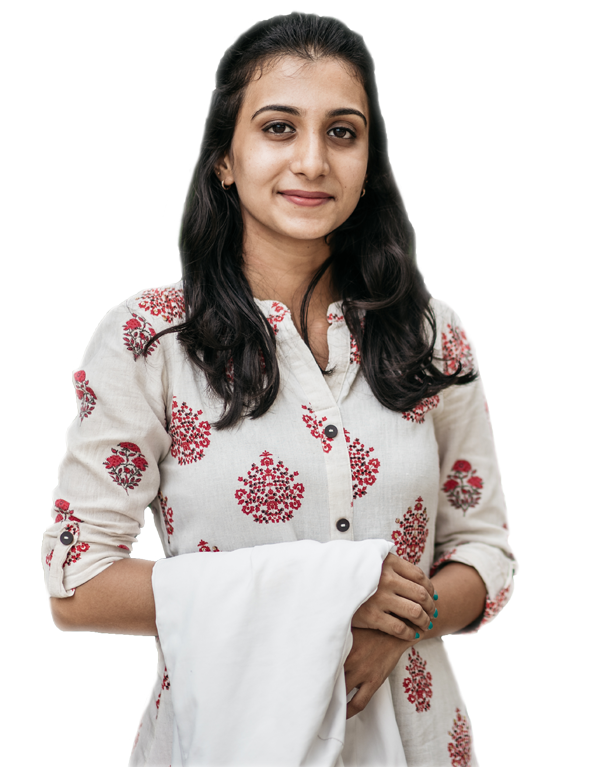
Eligibility
Pass in MBBS from a recognized medical college with permanent registration of any State Medical Council. Candidate should be NEET-PG qualified.
Admission to both General and NRI category seats in MD/MS is based on inter-se merit in NEET-PG.
Admission Procedure
In addition to the basic eligibility criteria mentioned above, students seeking admission to MD/MS program will be required to qualify in the National Eligibility cum Entrance Test, NEET-PG which will be conducted by the National Board of Examinations (NBE) generally in January each year. The responsibility of NBE is limited to the conduct of NEET-PG, declaration of the result and providing the result to MCC, DGHS, MoHFW for onward transmission to State Counselling Authorities. NBE has no role in counselling and allotment of seats.
Application form for NEET-PG can be submitted online through the website www.nbe.edu.in on notification. Students are advised to carefully read the Information Bulletin and keep the correct details ready, before submission of the form. Kindly visit www.mcc.nic.in after announcement of the NEET-PG results to know the procedure of counselling in Deemed/Central Universities.
The fee structure of MD/MS is made available on our website www.nitte.edu.in
Documents required for admission to MD/MS (Original + 3 attested copies)
- Admit card issued by NBE
- Result/rank letter issued by NBE
- NEET-PG allotment letter & score card
- SSLC or equivalent marks card or birth certificate
- MBBS degree marks cards of all years
- Internship completion certificate
- Provisional/MBBS degree certificate
- Medical Council Registration certificate
- Karnataka Medical Council Registration certificate (compulsory for all students)
- MCI recognition of MBBS degree
- Transfer certificate
- Conduct certificate
- Migration certificate
- Physically handicapped certificate issued by the authorized medical boards (if applicable)
- Physical fitness & blood group certificate
- PAN card copy of the parent and student
- Aadhaar card copy of the student
- For NRI category admission: NRI status proof (Passport copy, employment certificate, Residence proof, Income tax documents, Sponsorship letter of parent/sponsor)
- Photographs: Recent colour photo with white background, of resolution 300-600 dpi & size 35 mm x 45 mm (P.P size 5 Nos.) & size 20 mm x 25 mm (Stamp size 5 Nos.)
For any information regarding the admissions,mail us at: info@nitte.edu.in

Program Outcomes
At the end of the program, graduates will be able to...
- PO1: Describe and apply biochemical principles to explain the normal state, abnormal disease conditions and mechanism of action used in the perception, diagnosis and treatment of diseases.
- PO2: Explain energy transactions in a living system, and describe the importance of biomolecules in sustaining the life process.
- PO3: Describe pathways of the intermediary metabolism along with their individual and integrated regulation and apply that in understanding the functioning of the body.
- PO4: Describe and apply the concept of nutrition in health and disease, micro- and macro-nutrition and essential nutrients, and interlinks of nutrients with metabolism and functions of a living system.
- PO5: Application of various aspects of genetic engineering in medicine, Integrate principles of immunology in biochemistry, demonstrate knowledge of principles of Instrumentation
- PO6: Demonstrate knowledge of basics of research methodology, develop a research protocol, analyse data using currently available statistical software, interpret results and disseminate these results and to have the potential ability to pursue further specializations and eventually be competent to guide students, Demonstrate knowledge about recent advances and trends in research in the field of Biochemistry
- PO7: Describe the principles of teaching- learning technology towards application and take interactive-classroom lectures, prepare modules for PBL, organize and conduct PBLs, case discussions, small group discussions, Seminars, Journal club and research presentations
- PO8: Communicate biochemical reasoning effectively with peers, staff and faculty, and other members of the health care team.
- PO9: Demonstrate empathy and respect towards patients, respect in interactions with patients, families, peers, and other healthcare professionals regardless of the biochemical
- PO10: Demonstrate ethical behavior and integrity in one’s work.
- PO11: Be aware of the cost of diagnostic tests and the economic status of patients.
- PO12: Demonstrate skills for clinical diagnosis, testing, understanding of biochemical conditions and diagnostic service, perform important biochemical, immunological and molecular biology techniques
- PO13: Demonstrate standard operating procedures of various methods and techniques used in clinical biochemistry.
- PO14: Determination of enzyme activity and study of enzyme kinetics. Ideally, it should be accompanied by purification (partial) of the enzyme from a crude homogenate to emphasise the concepts of specific activity, yield and fold purification
- PO15: Demonstrate and report routine investigations in hematology and microbiology
- PO16: Demonstrate relevant skills in Medicine and other allied fields


